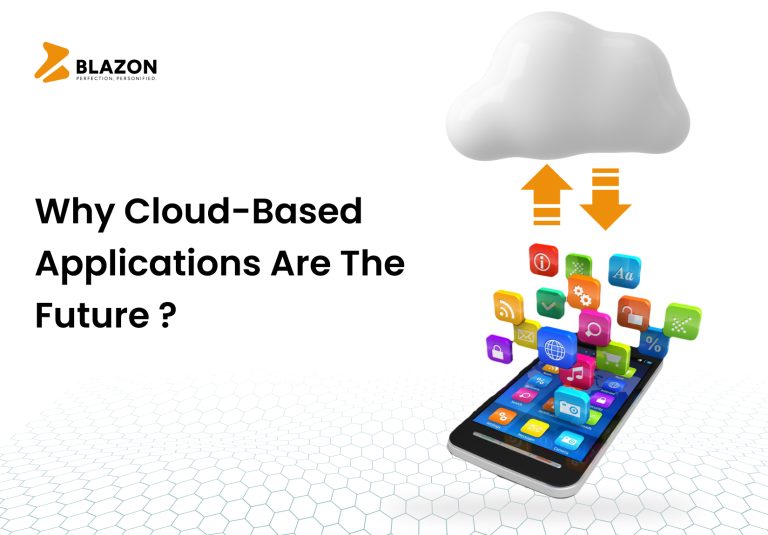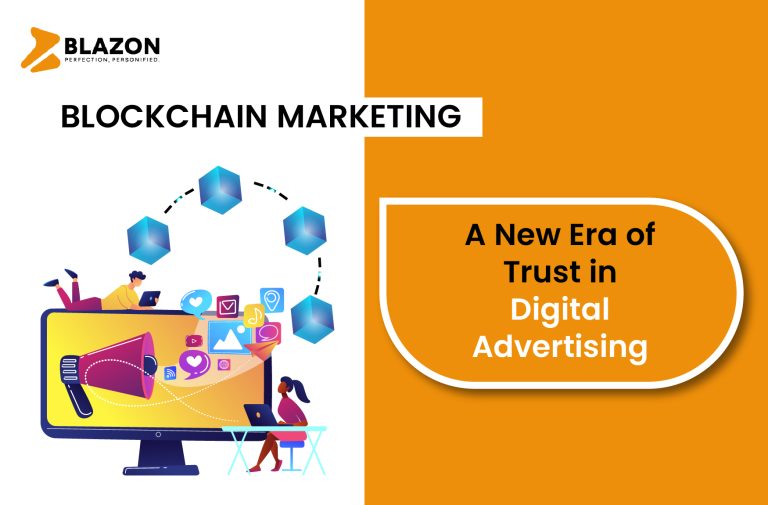AI for Project Managers: Smarter Planning, Better Results

Project management can sometimes feel like juggling flaming torches—keeping everything in the air, managing deadlines, resources, and a team, while trying to avoid any fiery disasters. But what if there was a way to make that juggling act a little bit easier? Enter Artificial Intelligence (AI). While it might sound like something only for tech experts, AI is making its way into the world of project management, offering smarter planning, better results, and a whole lot less stress.
So, how exactly can AI help project managers? Let’s take a look at how these tools are changing the game in 2025, and how they can help project managers become superheroes without the cape.
AI and the Future of Project Planning
Anyone who’s ever been responsible for planning a project knows how crucial that first step is. But we also know how time-consuming and error-prone it can be. With so many moving parts, predicting how long each task will take and what resources are needed can feel like throwing darts in the dark. Here’s where AI comes in—it helps you make your project plan more accurate and efficient from the get-go.
Imagine you have AI tools that analyze data from past projects to give you insights into how long certain tasks usually take or how to best allocate your resources. Instead of doing guesswork, you’ll have real, data-backed suggestions to help you create a more reliable timeline. It’s like having a seasoned project manager in your corner, guiding you with years of experience and knowledge at your fingertips.
Some great tools that can help you with AI-driven project planning include Monday.com, which offers smart project templates and customizable dashboards, and Trello (with Butler), which automates task management to keep everything organized.
Managing Risks Before They Happen
There’s always that one thing hanging over your head during a project: risk. Whether it’s a potential budget overrun, an unexpected delay, or a technical hiccup, managing risk is one of the toughest parts of project management. That’s where AI really shines—by helping you spot issues before they even arise.
AI can analyze the data from your project and identify potential risks based on patterns from previous work. It can predict delays, show you where resources might be stretched too thin, and flag any possible budget issues. This means that instead of reacting to problems as they come up, you’re ahead of the game, able to adjust the project plan early on to avoid those bumps in the road.
Tools like Wrike and ClickUp are fantastic for risk management. Wrike offers predictive analytics to anticipate problems, while ClickUp’s AI-powered features help with task prioritization and progress tracking, giving you a heads-up when things start to slip.
Let AI Take Care of the Repetitive Stuff
Project management comes with a lot of repetitive tasks—updating schedules, sending reminders, checking in on team progress, creating reports. While these are necessary, they can take up a lot of your time and mental energy. Enter AI, ready to take the reins on these repetitive tasks.
For example, AI can automatically update task statuses, send out reminders to team members about approaching deadlines, and even generate progress reports. This means less time spent in the weeds of admin work and more time focusing on the strategic aspects of your project. With AI doing the heavy lifting, you can stay focused on the big picture.
Project management tools like Asana and Hive are excellent for automating repetitive tasks. Asana’s smart workflows help automate task assignments and progress updates, while Hive’s AI tools automatically generate progress reports and help track timelines with precision.
Communication Made Easy
“Communication is key to any project”, but it can be challenging, especially when teams are spread out or working remotely. Keeping everyone in the loop, ensuring updates are shared, and making sure no one is left out can feel like a full-time job in itself. AI helps streamline this by ensuring that the right information gets to the right people at the right time.
AI tools can automatically update your team with the latest project developments, provide status updates, and even offer real-time solutions to issues that arise. With AI handling the communication logistics, your team can stay more connected and aligned, no matter where they are or how busy they get.
Platforms like Smartsheet and ZenHub can help improve team communication. Smartsheet integrates AI features for real-time project updates and alerts, while ZenHub offers tools specifically for teams working on software development projects, ensuring smooth communication even with complex workflows.
Data-Driven Decision Making
As a project manager, you’re constantly making decisions. Some of these decisions require data to back them up, but analyzing large sets of data can be time-consuming and overwhelming. AI simplifies this process by quickly processing all that data and providing you with actionable insights.
Let’s say your project’s budget is creeping up and you need to decide whether to cut certain features or find extra funding. AI can quickly analyze where the money is going and suggest areas where cuts could be made without sacrificing the quality of the final product. This kind of decision-making is crucial to keeping a project on track, and with AI, you’re equipped with the right tools to make the best call.
LiquidPlanner and Forecast both offer AI tools for making smarter decisions based on real-time project data. LiquidPlanner’s AI-powered smart scheduling engine helps you predict project timelines, while Forecast uses AI to recommend optimal resource allocation and ensure that budgets stay on track.
Boosting Team Performance and Collaboration
At the heart of every project is the team, and managing team performance is a big part of any project manager’s role. AI can help you monitor how individual team members are doing, whether they’re hitting their milestones, and if they’re overloaded. If someone is struggling or falling behind, AI can alert you to the issue so you can step in before things get out of hand.
Moreover, AI can also help optimize workload distribution, ensuring that no one person is swamped with tasks while others are underutilized. It helps create a more balanced and efficient workflow for the whole team, which leads to better performance overall.
Tools like Zoho Projects and TeamGantt use AI to monitor team performance. Zoho’s AI features track team progress and predict potential bottlenecks, while TeamGantt’s platform allows for real-time collaboration and provides automatic updates on task completion and resource usage.
Adaptability and Flexibility
No project ever goes exactly according to plan. Whether it’s new information, changing priorities, or unforeseen roadblocks, flexibility is key. AI helps project managers stay agile by providing real-time insights and helping teams adjust quickly when things change.
If a critical supplier faces delays, or a team member suddenly has to take time off, AI tools can analyze the impact on the project and offer solutions, such as adjusting deadlines or reallocating resources. This helps keep the project moving forward smoothly, no matter what curveballs come your way.
AI tools like Hive and Forecast give project managers the ability to make adjustments on the fly. Hive’s real-time analytics ensure that project managers are aware of potential delays before they happen, and Forecast’s AI helps make quick adjustments to timelines, resources, and budgets as needed.
Wrapping Up: A Smarter Way to Manage Projects
AI is quickly becoming an essential tool for project managers in 2025. By streamlining planning, automating repetitive tasks, predicting risks, and providing data-driven insights, AI is making it easier to manage complex projects and achieve better outcomes. With AI in your corner, you can stay one step ahead, reduce stress, and focus on what really matters—delivering successful projects.
The future of project management is here, and it’s all about working smarter, not harder. So, if you haven’t yet embraced AI for your projects, now might be the perfect time to start. With the right tools, you’ll be well on your way to smarter planning and even better results.
© 2023 Blazon All Rights Reserved.









 +91 97866 99000
+91 97866 99000 (720) 500-3435
(720) 500-3435 +4915168619030
+4915168619030




